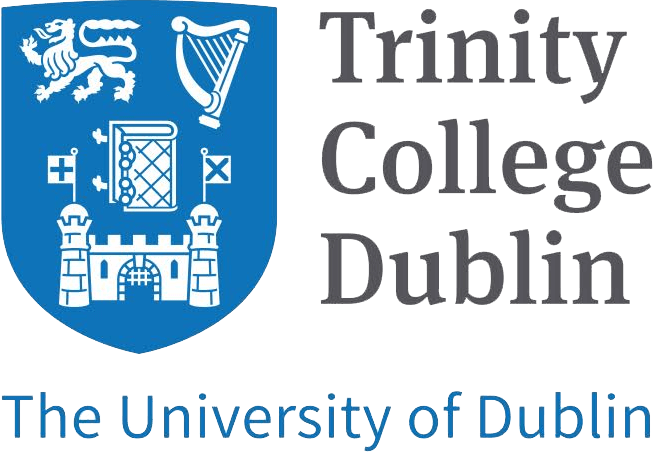MSc in Smart Sustainable Cities
Key Points
With thousands of smart city initiatives around the world, smart urbanism is now one of the models of urban development. Smart city projects involve the regeneration of existing urban areas, as well as the creation of large new settlements, and have a great positive impact on the many environmental, social and economic systems that sustain the planet.
Meanwhile, and with a strong overlap with smart city initiatives, cities around the world are reacting to broader environmental challenges such as climate change with measures aimed at developing sustainable solutions.
Smart city initiatives are multidimensional in nature. As projects aimed at improving spaces, urban spaces are deeply connected with issues of urbanization and urban planning.
In addition, smart city projects involve the production of a series of technologies such as wireless sensor networks designed to produce data on the operation of the city, and innovative low-consumption electrical networks. Therefore, due to its focus on technological innovation, the development of smart cities goes beyond the science of the city and is also the product of studies in computer science and engineering. Finally, once implemented, smart interventions are not on a blank canvas, but within complex ecological and social systems whose dynamics must be driven by dynamics, to avoid environmental degradation and loss of biodiversity.
The multidimensional nature of smart city initiatives can only be understood through an interdisciplinary approach.
This new Master in Smart and Sustainable Cities from Trinity addresses the study of smart urbanism and smart and sustainable cities, drawing on the experience of leading experts in the area of ”Engineering, Environment and Emerging Technologies”, or E3.
The Master in Smart Sustainable Cities is that of a complete understanding of “smart cities” and “sustainability”. both “smart cities” and “sustainability” as necessary for the analysis of contemporary cities.
The breadth of research at Trinity College can be combined to support a vision of a happy, green city and a happy, green and profitable city, in which we address the necessary optimization of resources, harness the potential growth potential of growth of the companies, reduce the environmental impact of the city and improve the quality of citizens in urban environments.
Trinity created the Future Cities Research Center which conducts multidisciplinary research that enables, promotes and facilitates behavior change for sustainability. The research is supported by sensors, communication and analytical technological solutions for the sustainability of urban infrastructures, such as energy, water, waste management and transport systems.
Career opportunities
The new master’s program is designed to meet the learning needs of students who want to enter a broad but demanding job market, preparing them for professional work in public or private institutions and companies, in the field of Smart Cities and Sustainable
Program structure
The Master in Smart and Sustainable Cities is full-time for one year. The course comprises 8 compulsory modules, with 5 ECTS credits each, and a dissertation module, which carries 30 ECTS credits. In addition, students also take 20 ECTS of elective credits, giving a total of 90 ECTS for the course, offering participants many different dimensions of the smart city.
The modules on urban geography and sustainable urban development sustainable urban development will address the urban dimension of smart cities, including their social and urban governance approaches. The computer science simulation and engineering modules will analyze how the latest smart technologies work. The ecology and environmental geography modules will examine the impact of smart city projects on local, regional and global environmental systems. Sustainability will be a cross-cutting and degree-wide theme with the aim of exploring solutions to real-life urban problems and developing strategies to achieve truly green cities and truly green and socially just cities. The program will be highly interdisciplinary and students will study smart urbanism, combining the methodological and conceptual tools of different compatible disciplines.
This program is based on existing modules in the Schools of Informatics and Statistics, the School of Engineering and the School of Natural Sciences.
The program will also have a number of innovative and ambitious components, such as an internship in company companies and a mandatory study trip to one of the three European cities.
Admission requirements
Admission to the course is competitive. Applicants will be required to have a Bachelor’s Honors degree with a grade of 2.1 or higher in a Social Science or Social or Nature Sciences, such as Engineering Sociology, Computer Science, Economics, Geography or related fields.
In the event of strong competition for places or there are doubts regarding the suitability of a particular applicant, applicants may be interviewed or asked to submit a written sample for evaluation.
Learn more about our educational offer
Request your quote
An advisor will contact you by phone and email within the following hours

